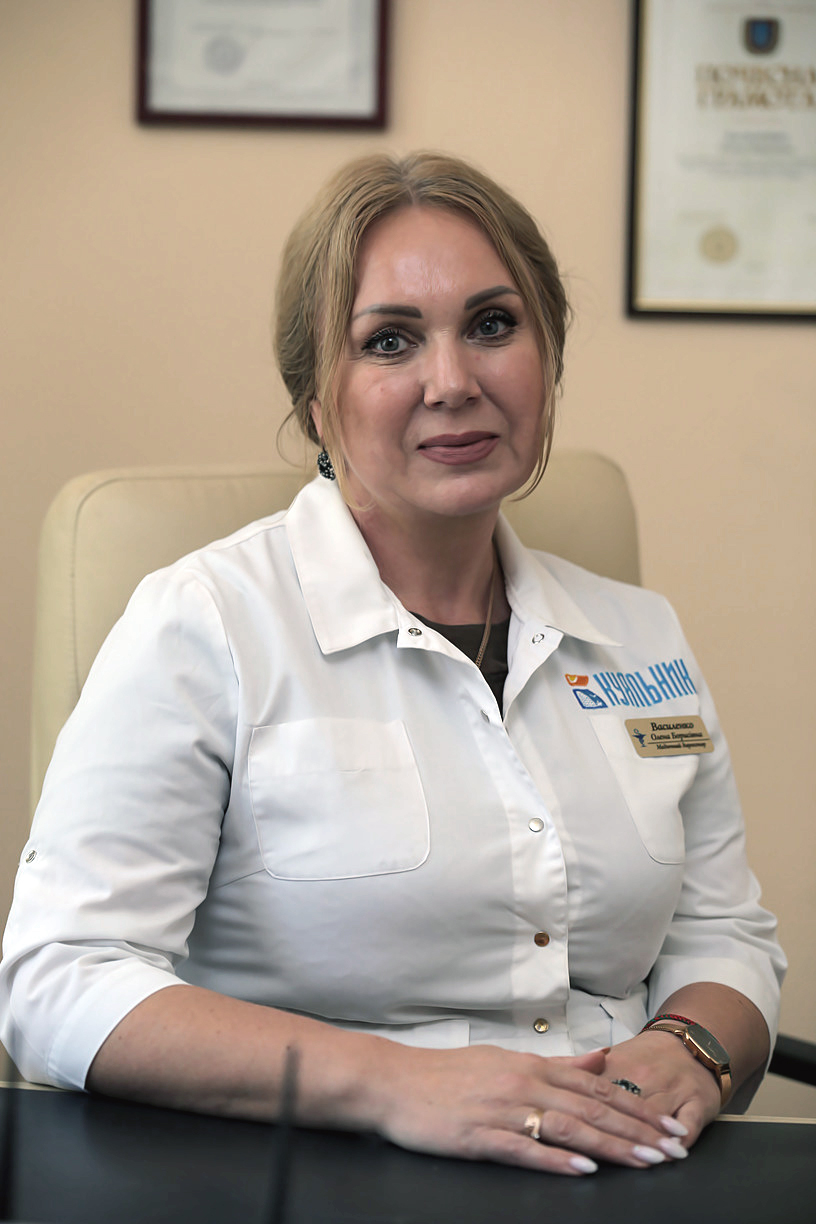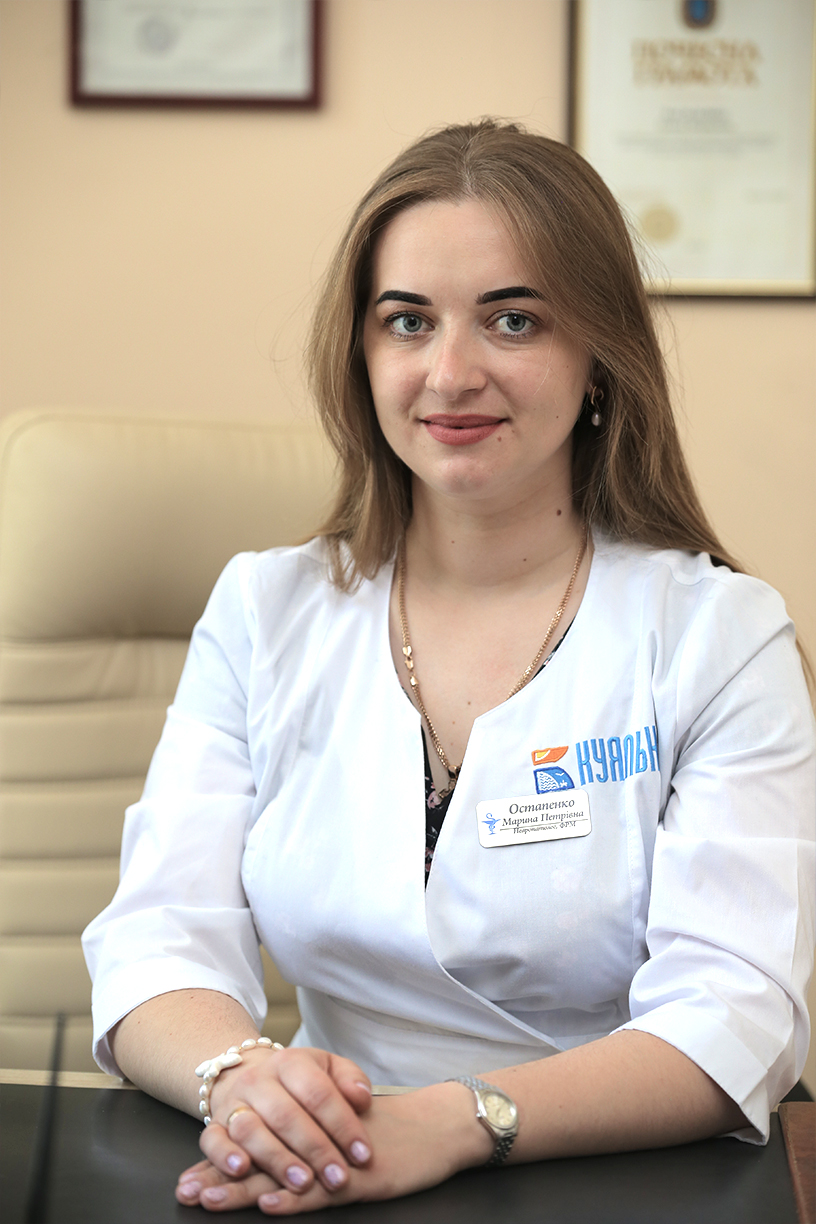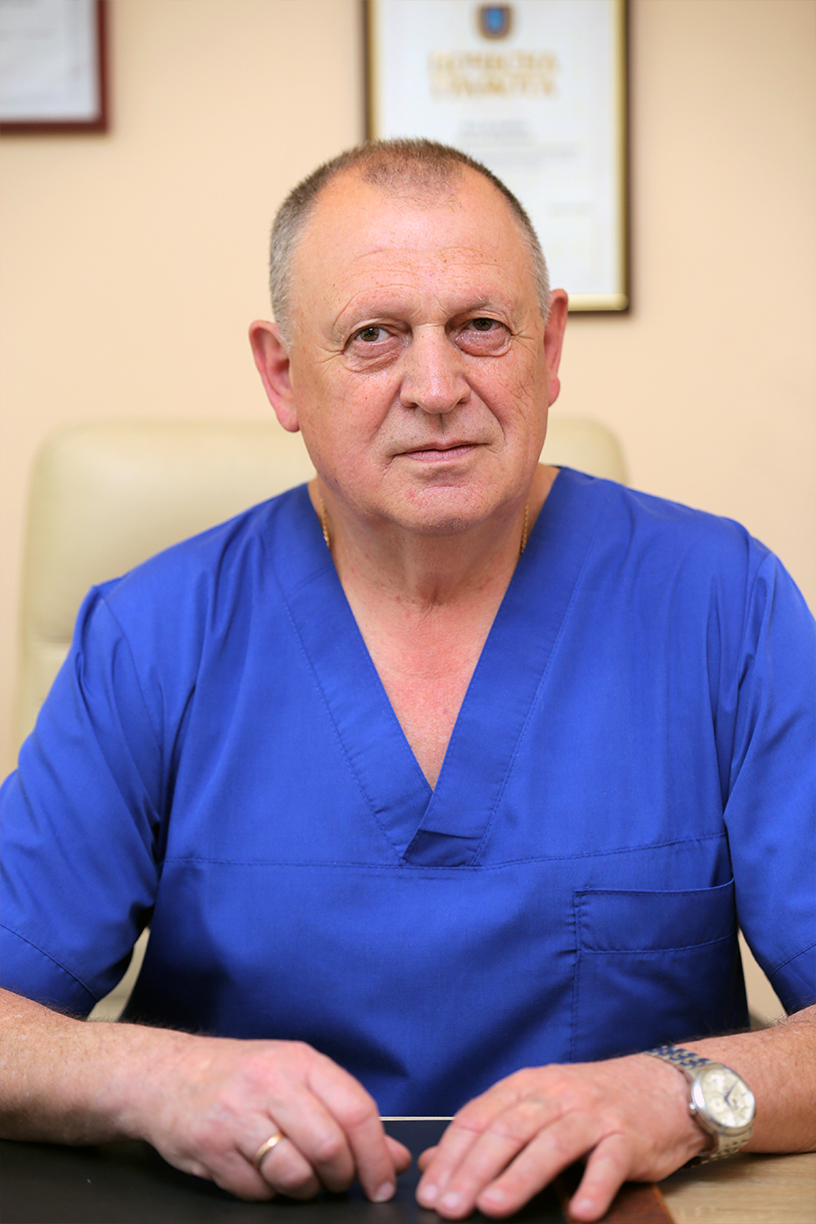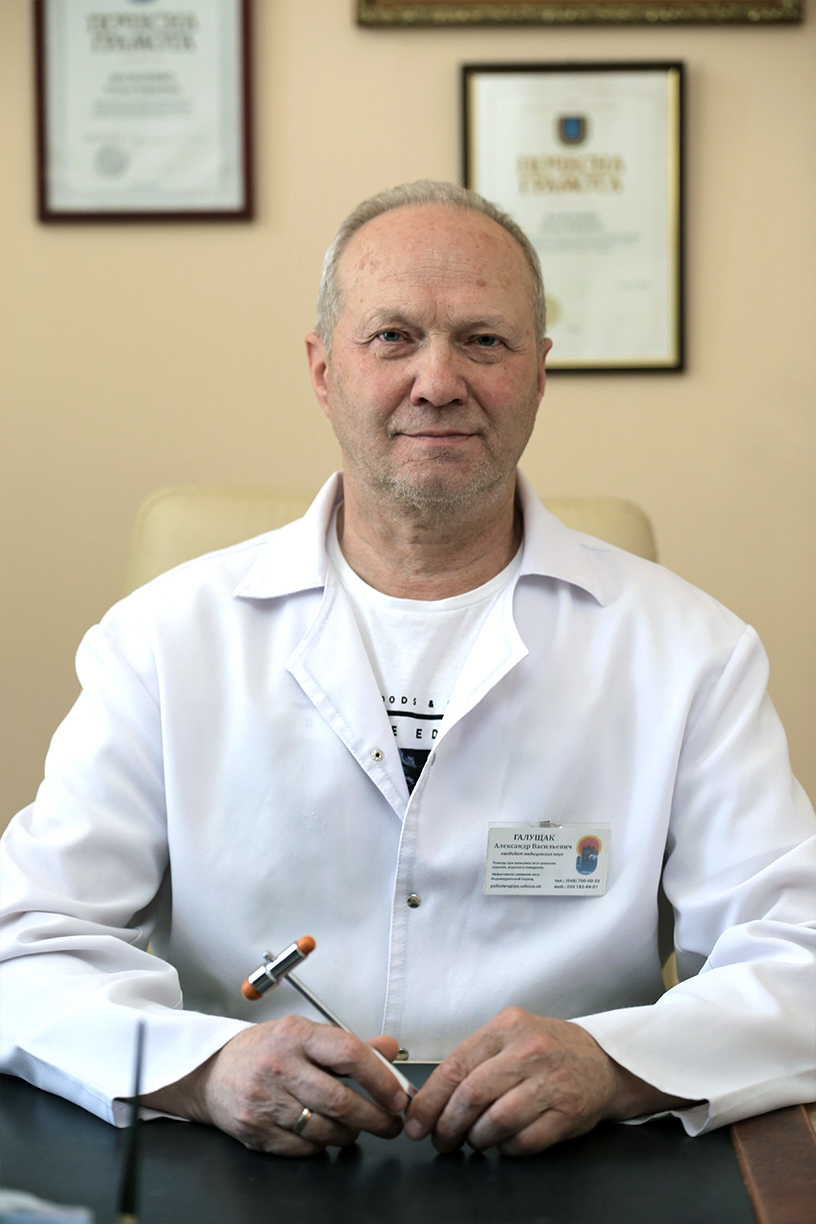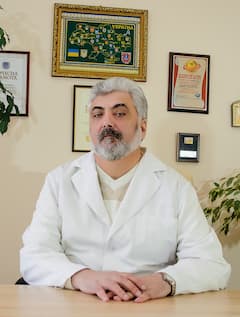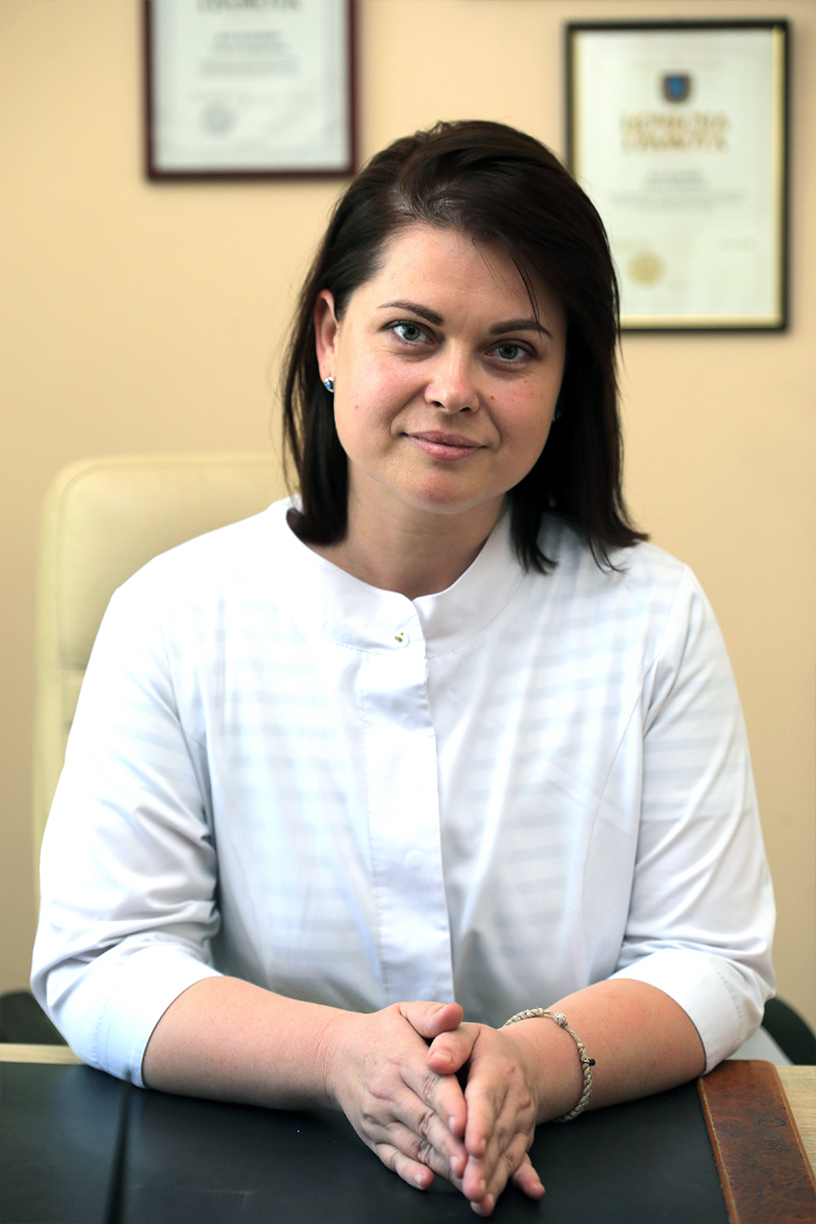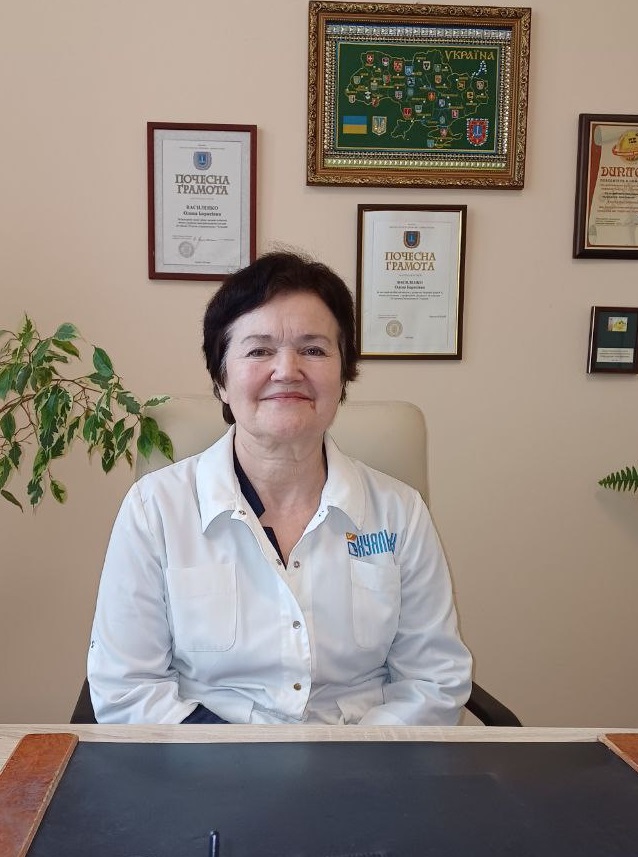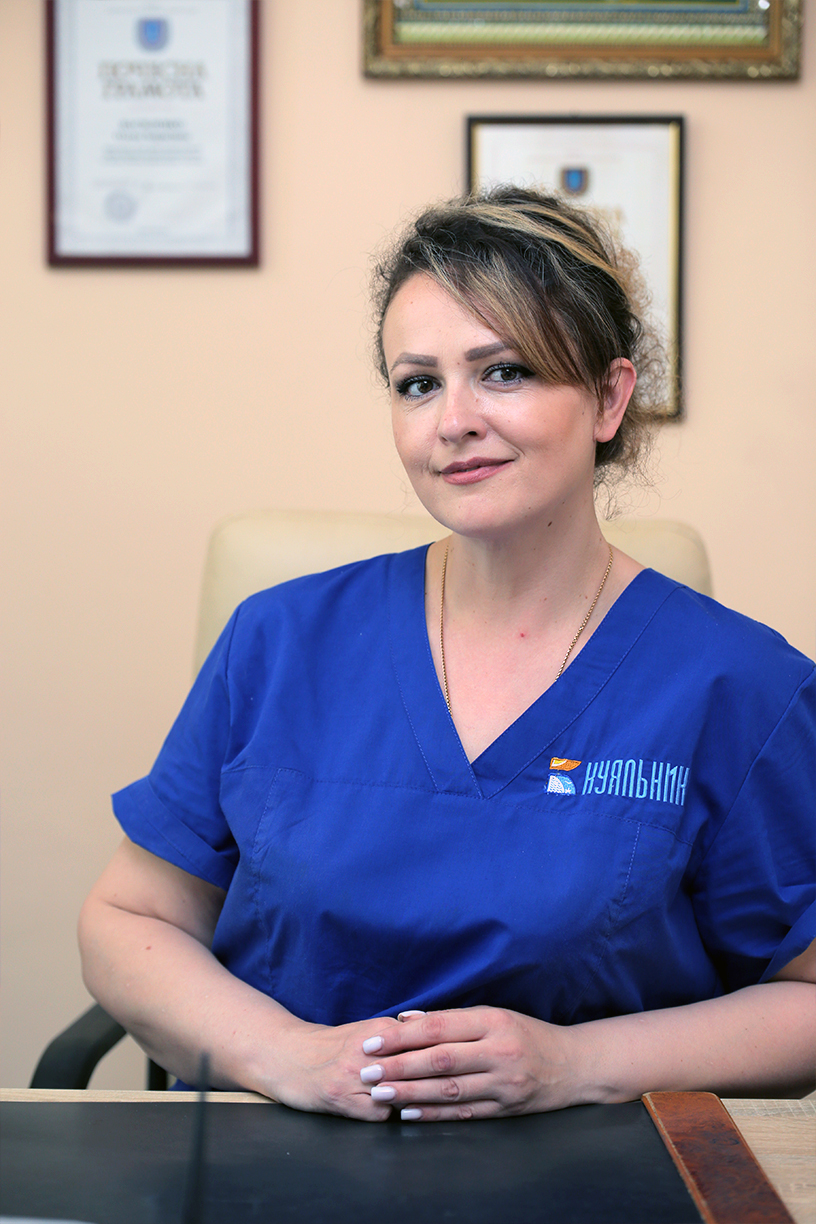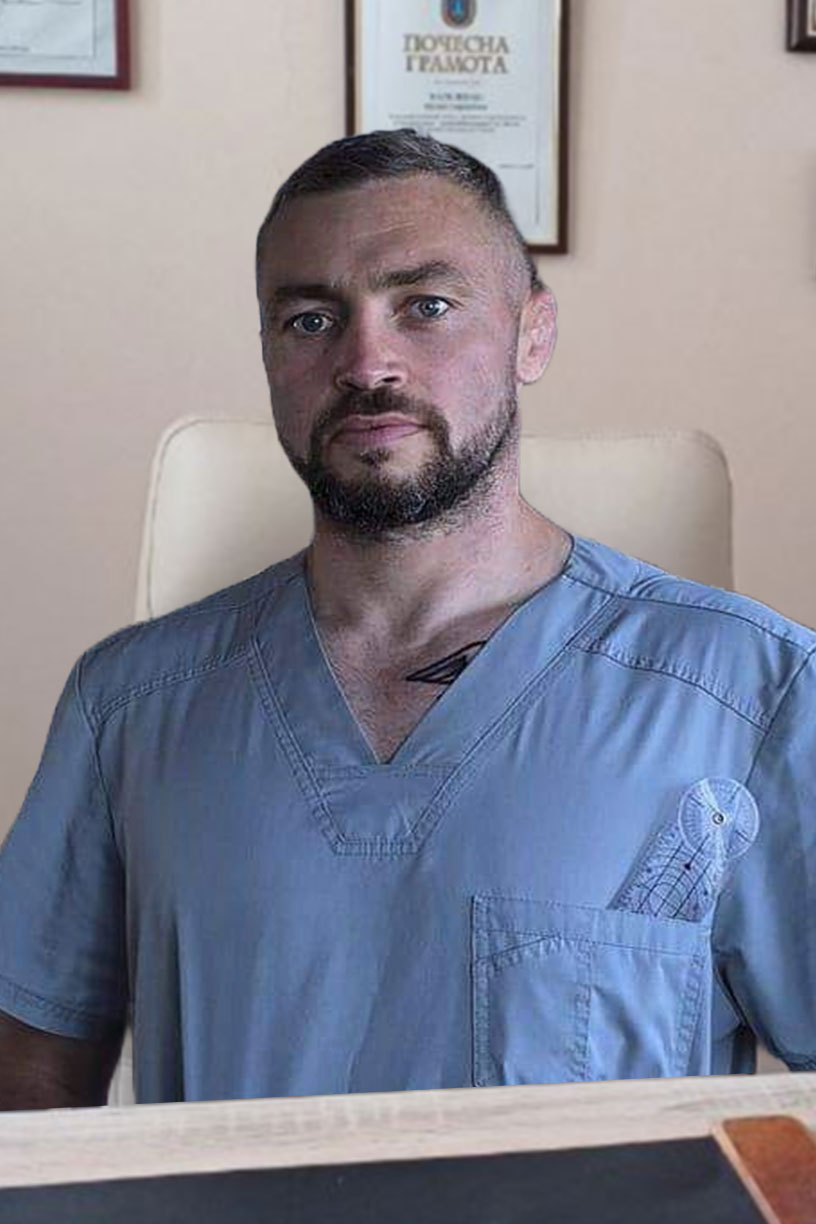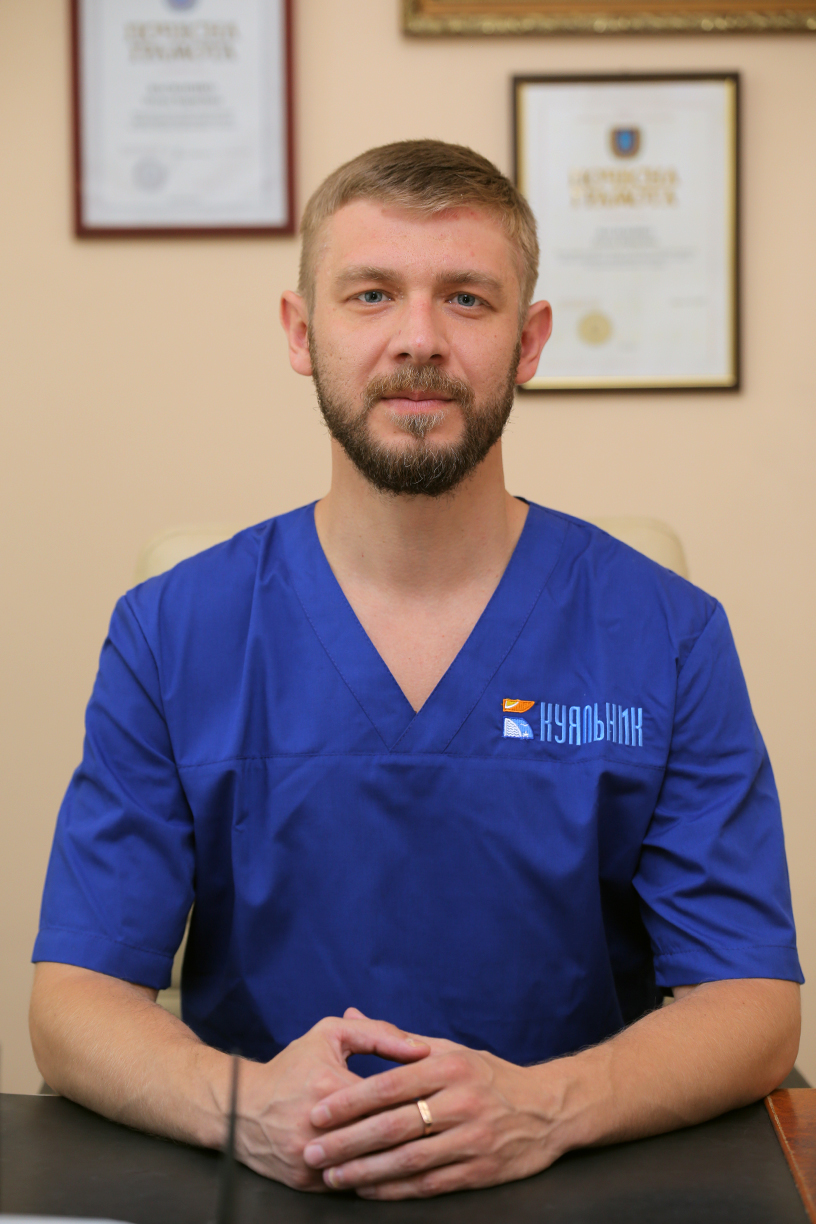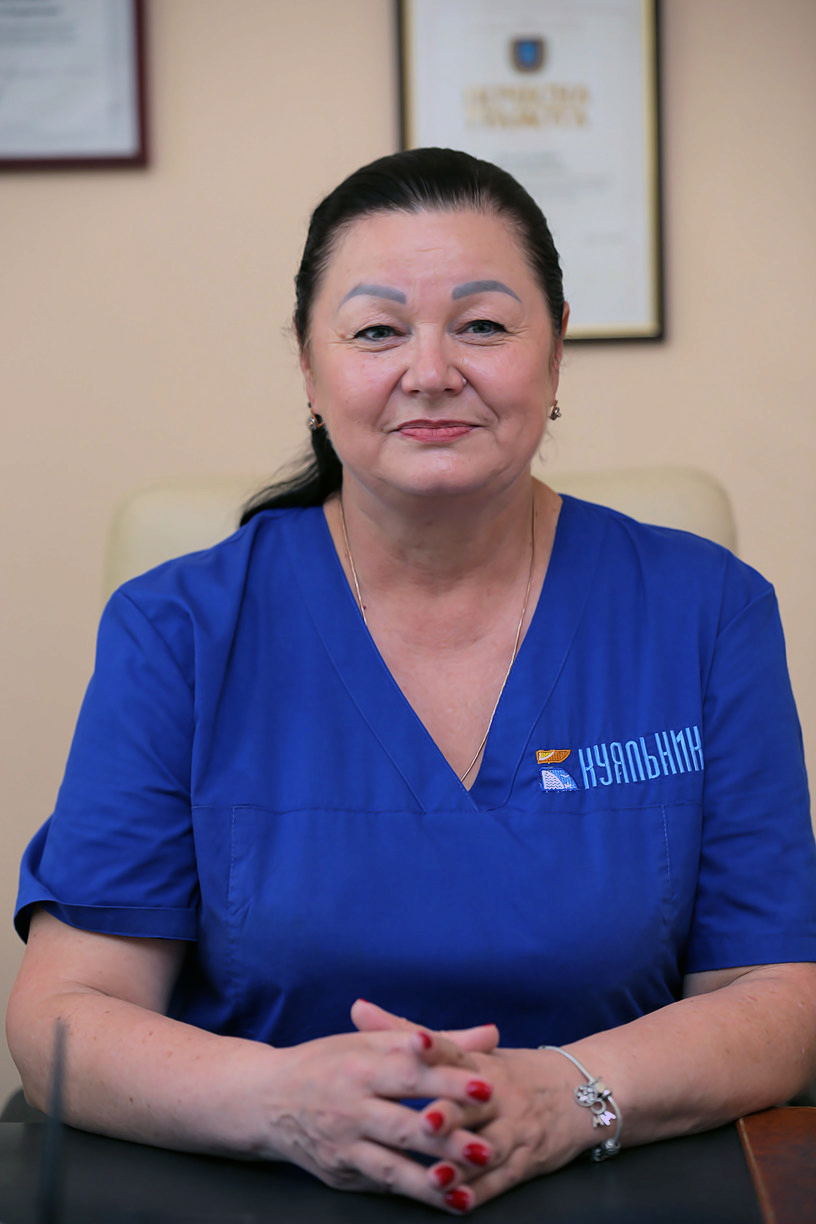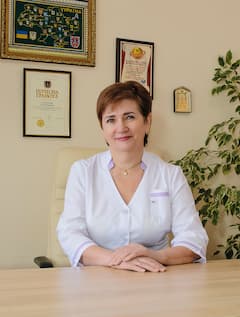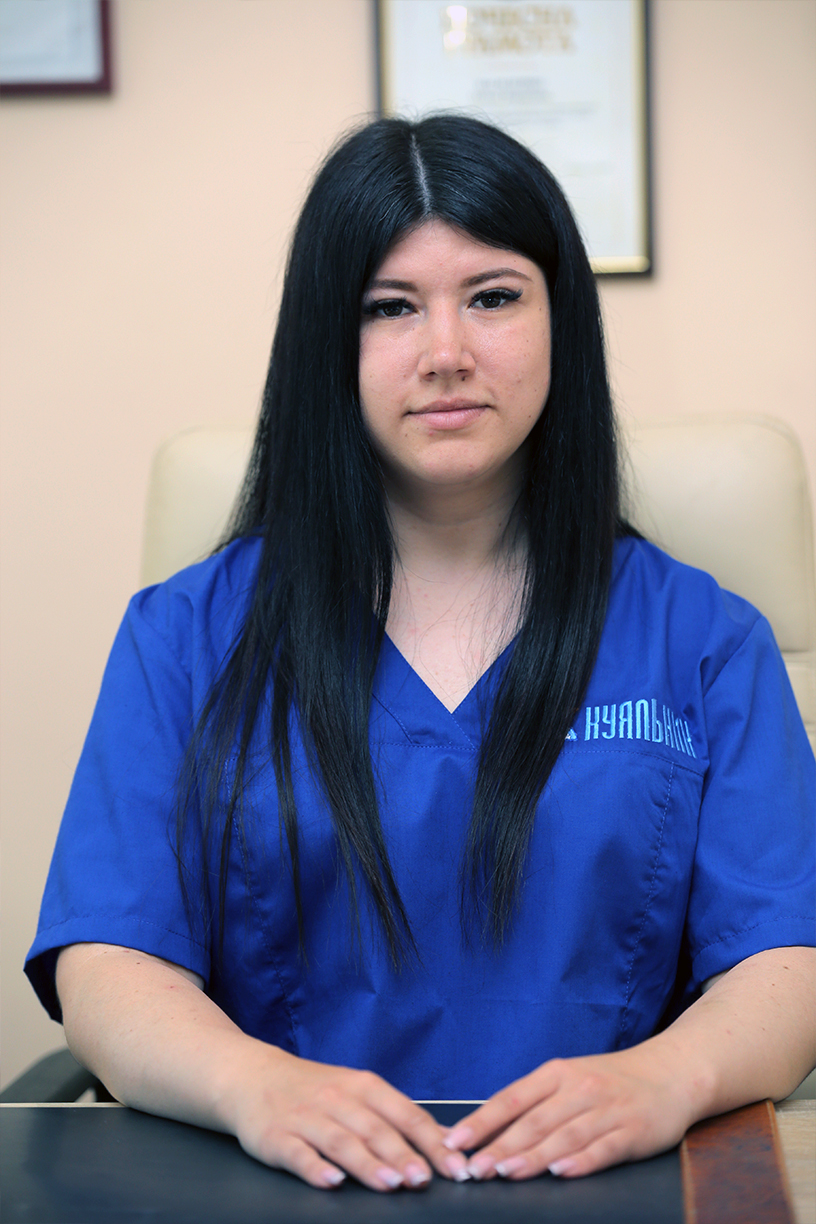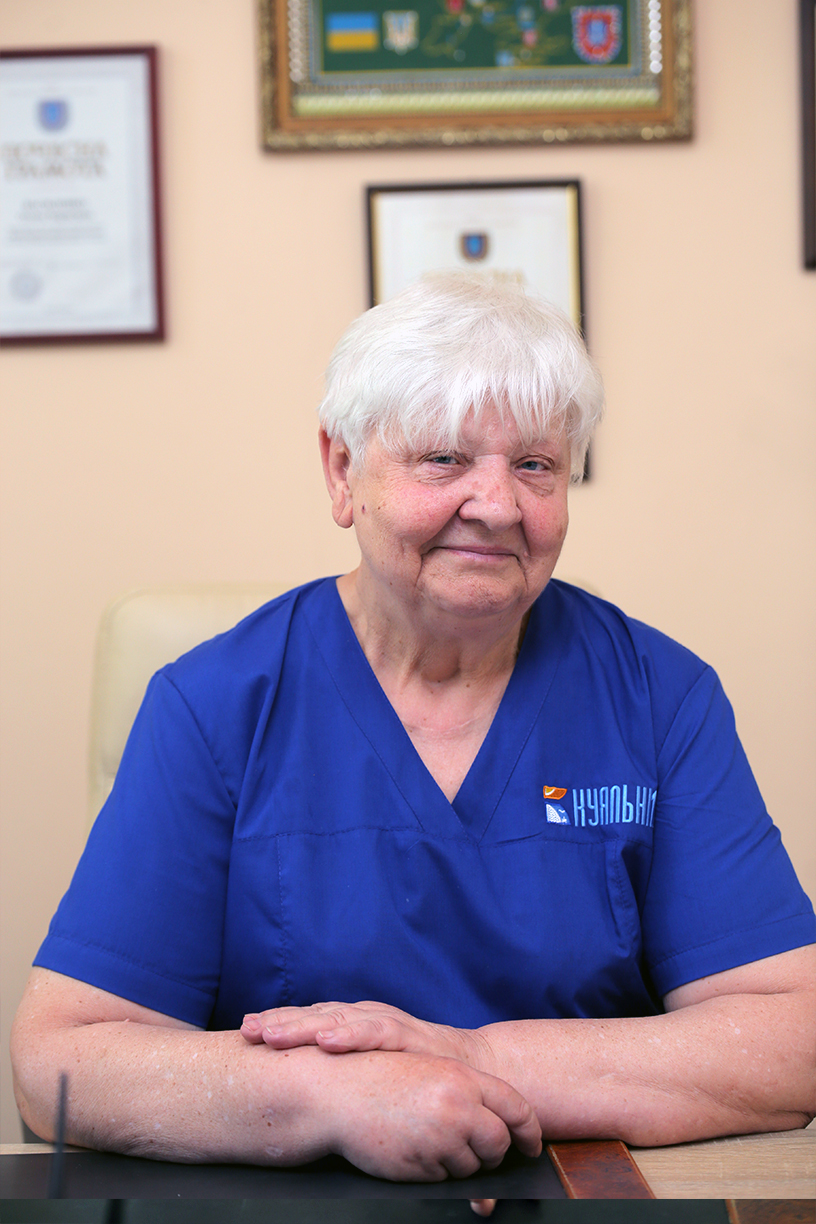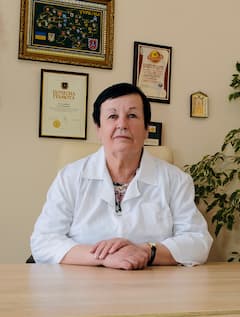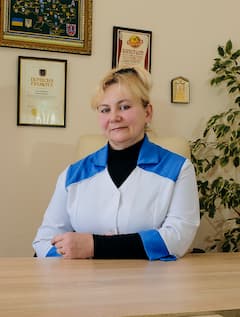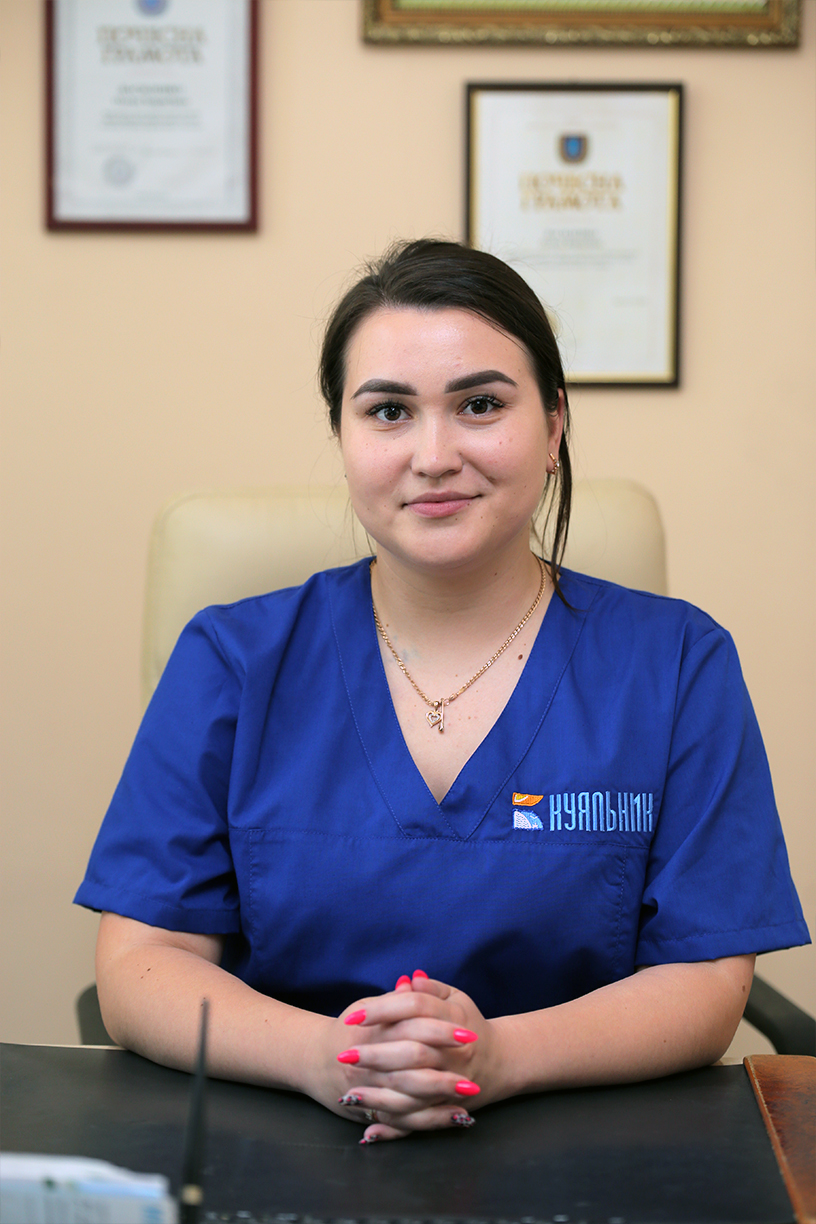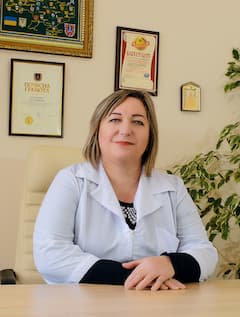Chronic Fatigue Syndrome (CFS) is a widespread condition of modern times, linked to the lifestyle in large cities, living conditions in developed countries, unfavorable sanitary-ecological environments, and excessive emotional and psychological stress.
History and Diagnosis of CFS
CFS was first proposed as a separate diagnosis in 1988 in the USA. Since CFS symptoms are nonspecific and the pathogenesis is unclear, clinical symptoms remain the primary basis for diagnosis. To diagnose CFS, one "major" symptom and at least six "minor" symptoms must be present.
Major symptom:
- Prolonged fatigue of unknown cause that does not improve with rest and a reduction in activity levels by more than 50%.
Minor symptoms:
- Muscle discomfort
- Fever
- Tender lymph nodes
- Arthralgia
- Memory impairment
- Depression
Other symptoms may include sore throat, pharyngitis, lymph node pain, confusion, dizziness, anxiety, chest pain, and other nonspecific symptoms.
Objective Indicators of CFS
Objective indicators include changes in immune status:
- Decreased IgG, especially G1 and G3 classes
- Decreased CD3 and CD4 lymphocytes
- Reduced natural killer cells
- Increased circulating immune complexes and antiviral antibodies of various types
- Increased levels of beta-endorphin, interleukin-1 (beta), interferon, and tumor necrosis factor
Pathogenesis and Risk Factors of CFS
The pathogenesis of CFS is not fully understood. Some authors attribute it to various viruses, nonspecific immune activation, and psychological factors. Risk factors include:
- Unfavorable environmental conditions
- Factors that weaken the immune and nervous systems
- Frequent and prolonged stress
- Monotonous, intense work
- Insufficient physical activity
- Lack of life prospects
Associated Pathologies and Harmful Habits
Patients with CFS often have:
- Unbalanced and high-calorie diet leading to obesity (1st-2nd degree)
- Alcoholism and habitual drinking
- Heavy smoking
- Chronic reproductive system diseases
- Hypertension (1st-2nd stage), vegetative-vascular dystonia
Clinical Manifestations of CFS
Early-stage CFS manifests with the following symptoms:
- Weakness, quick fatigue, attention disorders
- Increased irritability and emotional instability
- Headaches not associated with pathology
- Sleep and wakefulness disorders
- Reduced work capacity
- Joint and back pain
- Apathy, emotional depression
Treatment of CFS at the Pirogov Sanatorium
The main principles of CFS treatment include normalizing rest and physical activity, diet therapy, vitaminization, autogenic training, and physiotherapy.
Physical Activity:
- Daily walks around the sanatorium (2-3 hours)
- Air baths at 22-23°C (15-90 minutes daily)
- Sunbaths (up to 20 minutes daily)
Diet Therapy:
- Detoxifying diet therapy (DDT) involving dosed short-term fasting. Typically includes a 7-day fasting course followed by a 7-day refeeding period on a rice-vegetable salt-free diet.
Autogenic Training:
- Daily sessions throughout the treatment course.
Physiotherapy:
- Bromine electrophoresis, diadynamic therapy, darsonvalization, electro-sleep therapy, UHF, and other methods.
- General or localized massage (head, neck)
- Therapeutic physical training (TPT) at a slow pace, combined with hydrokinetic therapy.
Vitamin Therapy:
- Vitamins B1 (1-3 mg), B6 (2-4 mg), B12 (500 mcg), C (3-5 mg) intramuscularly or intravenously.
Advantages of Treatment at the Pirogov Sanatorium, Kuyalnik Resort
The Pirogov Sanatorium, Kuyalnik Resort, offers highly effective CFS treatment programs thanks to the following advantages:
- Highly Qualified Specialists: Experienced doctors and therapists develop individualized treatment plans for each patient.
- Unique Natural Resources: Use of therapeutic muds and mineral waters from the Kuyalnik estuary.
- Modern Equipment: Application of the latest physiotherapy and hardware treatment methods.
- Comprehensive Approach: Combining various therapy methods to achieve maximum effect.
- Individual Approach: Each treatment is tailored to the specific needs and characteristics of the patient.
The comprehensive approach to treating chronic fatigue syndrome at the Pirogov Sanatorium, Kuyalnik Resort, significantly improves patients' conditions and enhances their quality of life.

